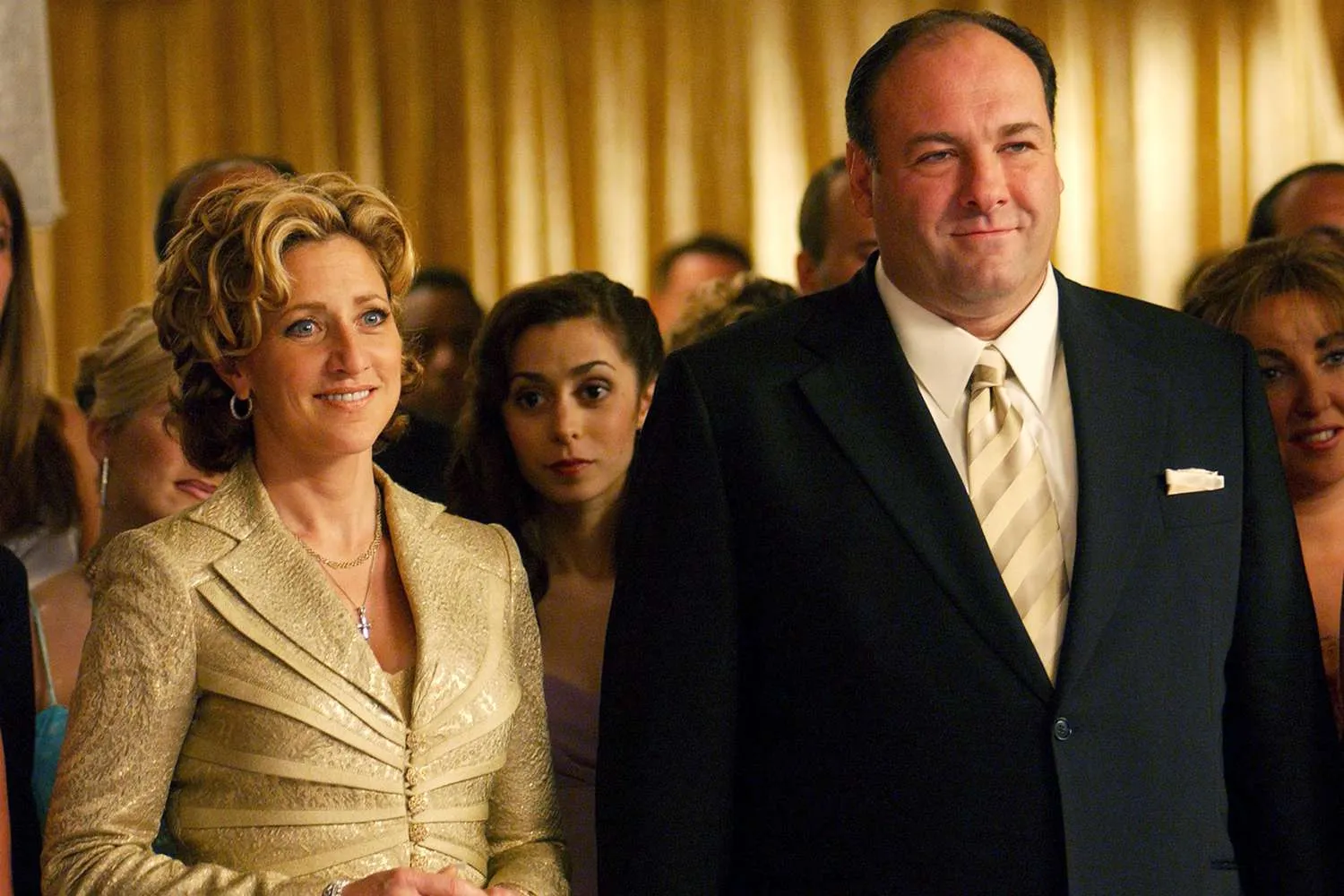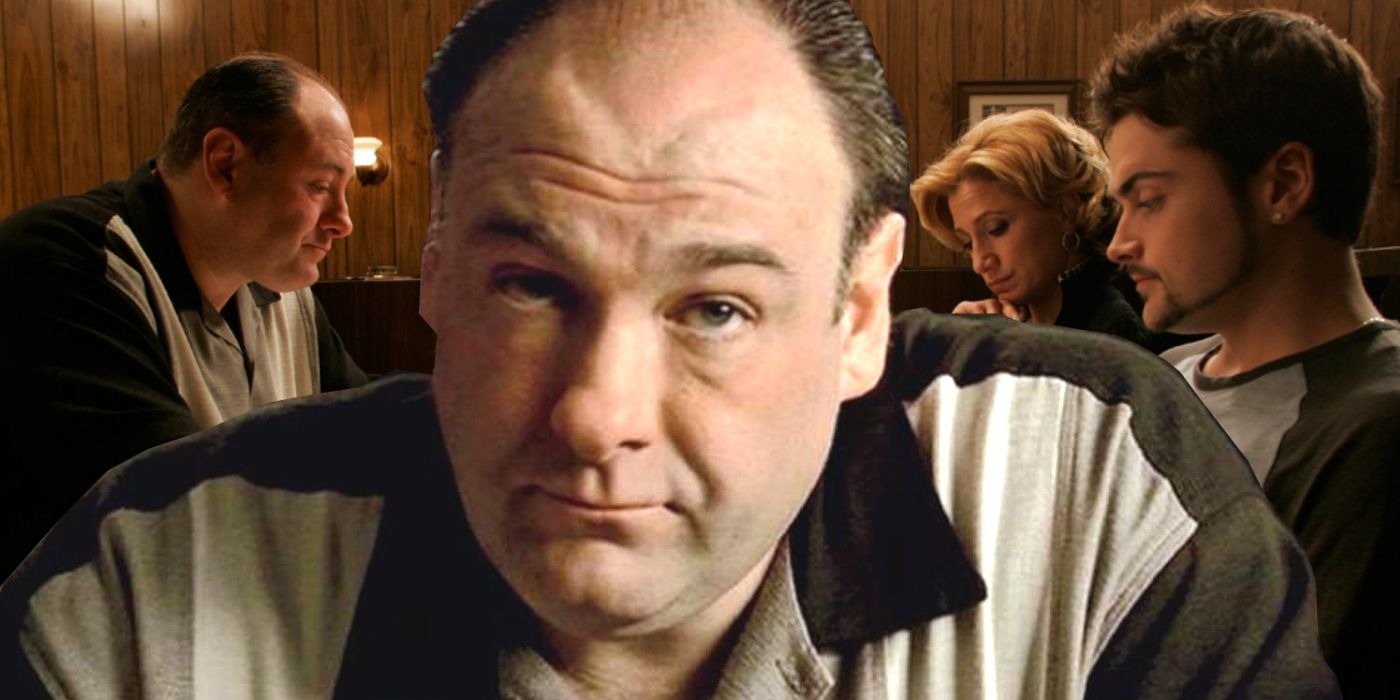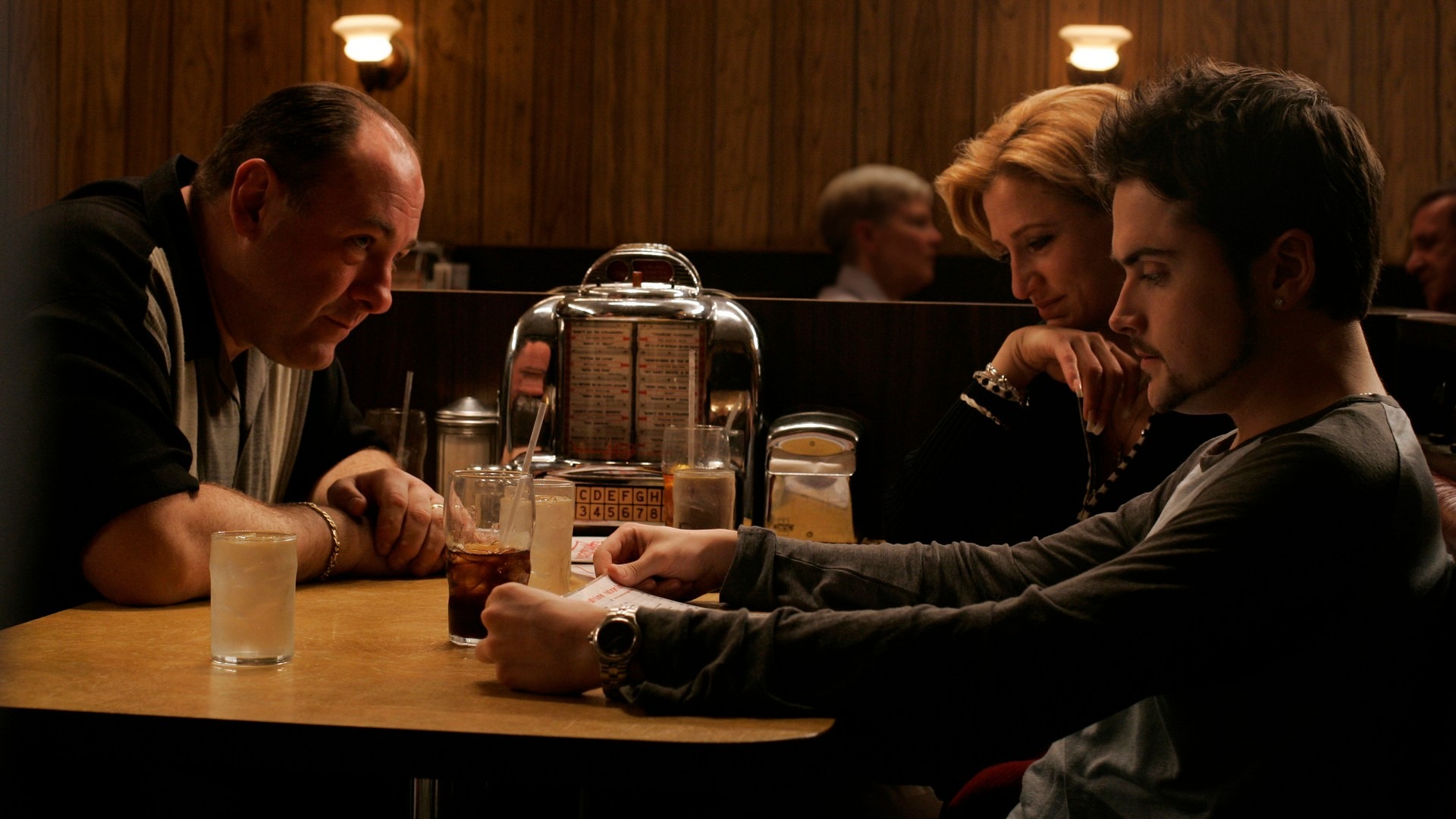The final events of The Sopranos kick off with Tony and what’s left of his crew taking refuge in a safe house. The clash between Phil Leotardo’s men and Tony’s group had already claimed several key members of the crew, and the way this scene opens only emphasizes the weakened and anxious state they are now in.
Initially unknown to viewers, secret arrangements were already taking place behind the scenes. This drawn-out fight had been draining both factions financially and emotionally, all rooted in Phil’s bitterness and refusal to acknowledge how badly it was affecting his own camp.

So, in a move nobody would have predicted, Phil’s associates opened discreet talks with Tony, proposing a ceasefire and even giving him the go-ahead to eliminate Phil so peace could return. Not long after that arrangement, Phil was taken out.
Benny and Walden carried out the job, ending the dispute with Phil becoming the last confirmed casualty on the show. Even though the war had ended, things didn’t return to normal for Tony—both in his personal life and business affairs. The conflict left lasting scars.
Most of the people closest to him and those who brought in money were either dead or badly wounded. Paulie was the only close ally Tony had left. Tony attempted to place Paulie in charge of the Aprile crew, although Paulie hesitated, convinced that the crew was under a curse due to how many of its members had died or vanished.
Eventually, he accepted, and he was last seen alone at Satriale’s, the final living member of Tony’s tight circle. Things only got worse when Carlo suddenly disappeared. His vanishing raised concern since his son had just been arrested for drugs.
Tony’s lawyer and even Paulie warned him that Carlo had most likely cut a deal with the FBI and might testify against him. With the high probability of being indicted, Tony began to put his affairs in order.
He secured a job for his son at Little Carmine’s film production outfit and went to check on Uncle Junior, hoping to make sure Janice wouldn’t get her hands on his money after he passed. Unfortunately, Junior’s mental condition had deteriorated so much that he couldn’t even recall his criminal past.
That realization hit Tony deeply, marking a painful moment where he had to accept his uncle was truly gone.
The Infamous Final Scene
Tony Soprano’s Fate is Open For Interpretation
What builds up steadily throughout the final season reaches a subtle but intense climax during the last scene. Tony decided to gather the family for dinner at a local diner—possibly seeking a moment of normalcy before everything around him collapsed.
He gets there before the others and picks “Don’t Stop Believing” by Journey on the jukebox while keeping an eye on people walking in and out. Carmela arrives shortly after, and Tony confides in her that he’s probably going to be indicted soon.
A.J. joins them next and tells his father to hold on to the good memories—an echo of the advice Tony once gave him. Meanwhile, Meadow is outside, struggling to park her car in what becomes the episode’s final lighthearted moment.
As all of this plays out, viewers are shown different customers in the diner with increasing attention paid to their behavior. One person, in particular—a man wearing a Members Only jacket—catches attention as he passes their table to go into the bathroom.
Everything builds up to that final shot when the door opens again and Tony, expecting Meadow, looks up—then the screen abruptly goes black. This last moment left audiences stunned, with many initially thinking their TV sets had malfunctioned.
To date, no definite answer exists about what became of Tony Soprano. David Chase, who created the series, has consistently refused to confirm any interpretation. Because of that silence, fans have developed many theories suggesting that Tony might have been killed in that instant.
Others argue that it simply marked the final moment audiences were allowed to witness the Sopranos’ lives—both family and business.
Who Killed Tony Soprano?
Dangerous People Wanted Tony Dead
What happens at the diner has been left for the viewers to interpret as they see fit. One of the most convincing assumptions remains that Tony was killed in that final moment. There’s every possibility that someone from Phil’s group, or someone else entirely, went behind closed doors to organize a final hit.
While several had considered this option before, nobody had gone through with it—until now, perhaps. The reason behind such a move wouldn’t have been complicated. Tony was the only thing holding his operation together.
With most of his men gone and Paulie not being strong enough to carry the family on his shoulders, Tony became the glue holding everything in place. Removing him would mean other groups could come in and take over whatever was left. On top of that, people have closely examined the meaning behind the diner scene.
Some believe the man in the Members Only jacket was the one who carried out the hit. His movement into the bathroom before the scene ended mirrors a moment from The Godfather, where Michael Corleone retrieves a weapon from a restaurant toilet.
Interestingly, Tony had mentioned that was his favorite scene from the movie. The screen cutting to black could symbolize what Tony experienced in that moment—instant death.
Another theory suggests that the man in the jacket is linked to Eugene Pontecorvo, who had worn a similar outfit back in Season 6, Episode 1 titled “Members Only.”
In that episode, Eugene and his wife considered killing Tony so they could run away to Florida. His eventual death might have driven his wife, Deanne, to seek revenge by putting out a hit on Tony. Over the years, this theory about Tony being killed has gained ground and feels like the most fitting way to close his story.
It lines up with the show’s dark tone in its final season. In one of the earlier episodes of that season, “Sopranos Home Movies,” the character Bobby tells Tony that when it happens, “you probably don’t even hear it.”
That line stuck with viewers and feels like the perfect phrase to describe the kind of ending Chase crafted for the character.
Understanding What the Sopranos’ Ending Might Mean

The Sopranos Depicts the Mob Lifestyle as a Never-Ending Cycle of Self-Destruction
Among the most unexpected choices in TV history was The Sopranos ending without a definite answer, though that decision gave the show lasting weight. Everything suggested that Tony’s life was on the verge of collapse. His crew had been decimated.
Legal troubles were knocking at his door, and with no dependable backup, jail was almost certain. Without a strong figure to take over, the Soprano organization seemed doomed. Ironically, even if the New York crew didn’t kill Tony, his days as a power figure were numbered.
The family had already suffered too much. What has kept people talking for so long is how the writing and characters allowed space for so many interpretations. Whether Tony made it out alive or not, the impact of his story stayed strong in the minds of fans. Both his business and blood family faced ruin by the end.
The entire show was built around dissecting the so-called “golden age” of organized crime from a more critical point of view, showing how the entire setup fed on betrayal and led to emptiness.
Every key character reflected a different angle of this downfall, and the last season wrapped their stories with a harsh but realistic lens. Christopher, for instance, believed the mob life offered power, only to be betrayed by Tony himself after years of being viewed as a potential heir who never lived up to expectations.
Vito was highly productive but was executed simply because of his sexuality. Johnny Sack gave up his standing in the organization hoping to be closer to his family but died alone from cancer behind bars. Paulie, ruled by fear of death, survived everyone else, only to witness his world disappear.
The list continues. While the characters romanticized the criminal lifestyle, the show consistently presented it as a destructive trap. That same pattern made Tony’s therapy futile—he couldn’t break free of the violence and suspicion that defined his existence.
With the end of the mafia’s glory came Tony’s decline. Violence rolled forward, leaving him behind. What stood out in The Sopranos was that infamous cut-to-black moment. Choosing not to show Tony’s death avoided turning the ending into just another act of violence.
David Chase didn’t want that kind of closure. Also, had they shown Tony’s death, it would’ve forced a direct emotional response. After spending six seasons getting to know these characters—Carmela, AJ, Meadow, Paulie, Artie, and the rest—viewers still don’t know how any of them would have reacted.
That sense of emotional uncertainty gave the show its lasting depth, keeping its memory fresh in people’s minds. You can now stream this intense and emotional film exclusively on Showmax for your next movie night.



